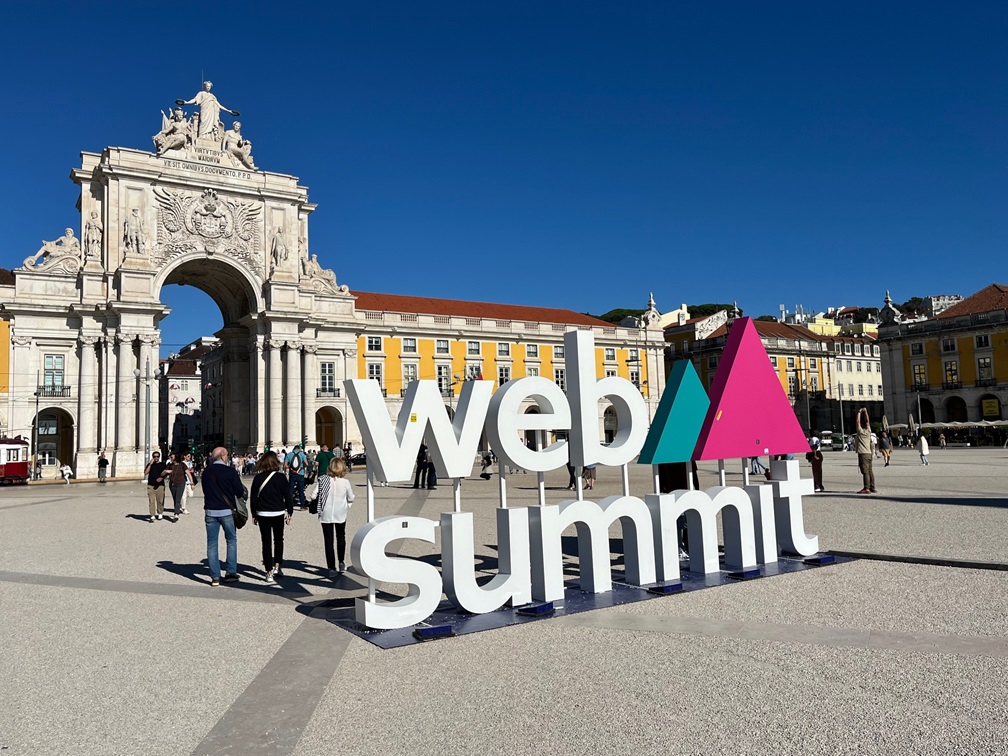Siliconangle
1M
397

Image Credit: Siliconangle
At Web Summit, cloud and chip providers maneuver for market share while others fret about AI’s impact
- AI's impact on business innovation and efficiency and its potential societal cost was one of the clear themes to emerge from this year’s Web Summit gathering that attracted more than 70,000 attendees over three days in the capital of Portugal.
- Microsoft President Brad Smith acknowledged concerns regarding what this next wave of industrial transformation may bring. "Part of our work as a community is to build out an AI governance machine," he said during Web Summit in Lisbon.
- Qualcomm Chief Executive Cristiano Amon characterized generative AI as the new user interface, explaining that AI's natural language capability has removed the wall between human and machine.
- Ironically, AI's ability to create a human-first experience is also putting a turbo charge into the field of robotics.
- Qualcomm is designing chip systems, like the Snapdragon Elite 8's AI Engine, to leverage increasingly more potent central processing units and graphics processing units to train large language models.
- Cloud operator CoreWeave has positioned itself as an optimized alternative for AI workloads.
- Concerns about the influence of AI in online news and social media are also being shared by mainstream media leaders and human rights advocates.
- A number of speakers at the event were cautiously optimistic that the incoming Trump administration would be favorably disposed toward both business in general and the tech sector in particular.
- The American actor Richard Schiff, who received an Emmy award for his role in 'The West Wing,' expressed a note of concern about the influence of Tesla, X and SpaceX leader Elon Musk who has become a prominent figure in the President-elect’s administration.
- Looming over the Web Summit conversation this week was the future impact of a new government in the U.S. next year.
Read Full Article
23 Likes
For uninterrupted reading, download the app